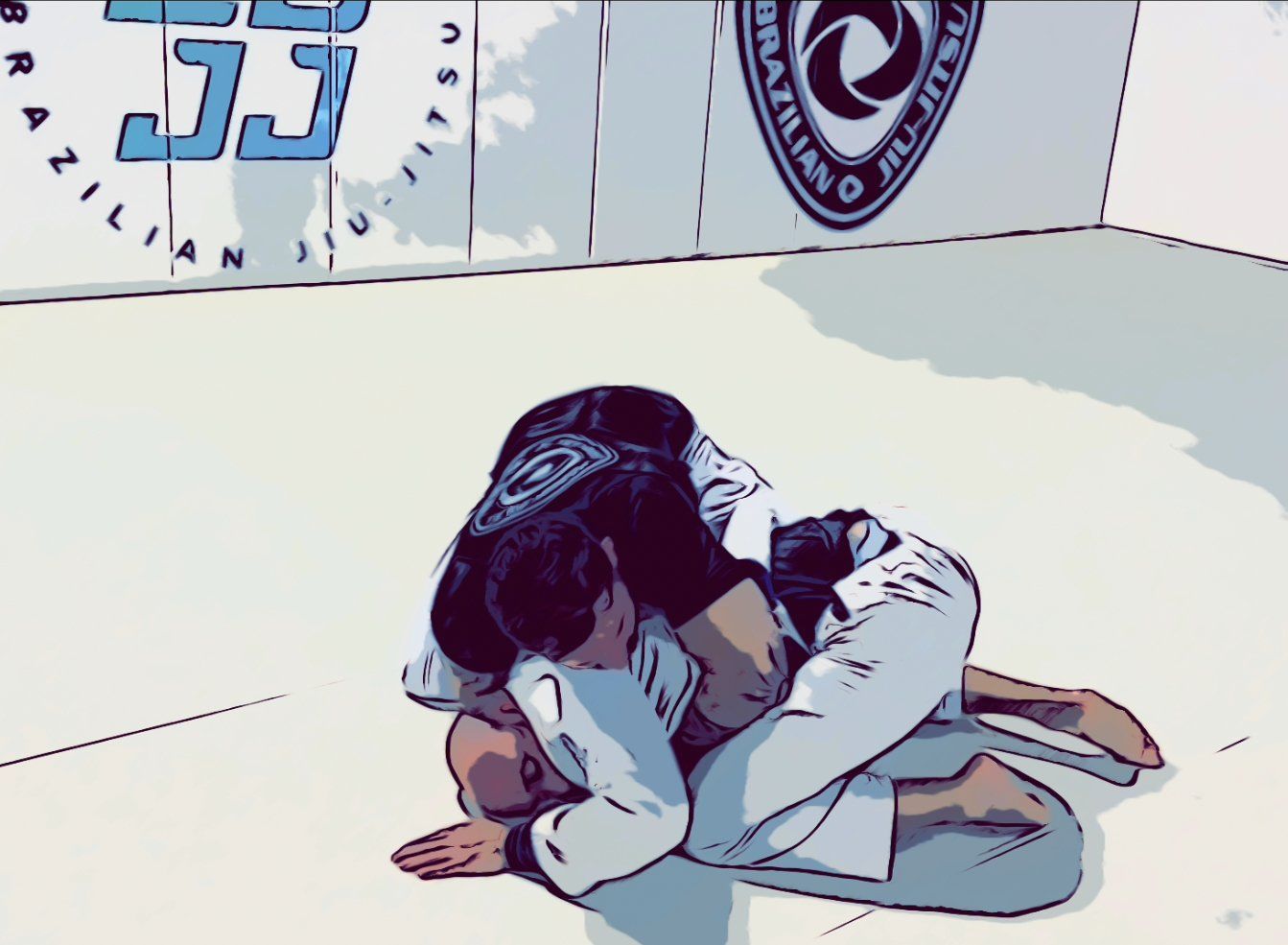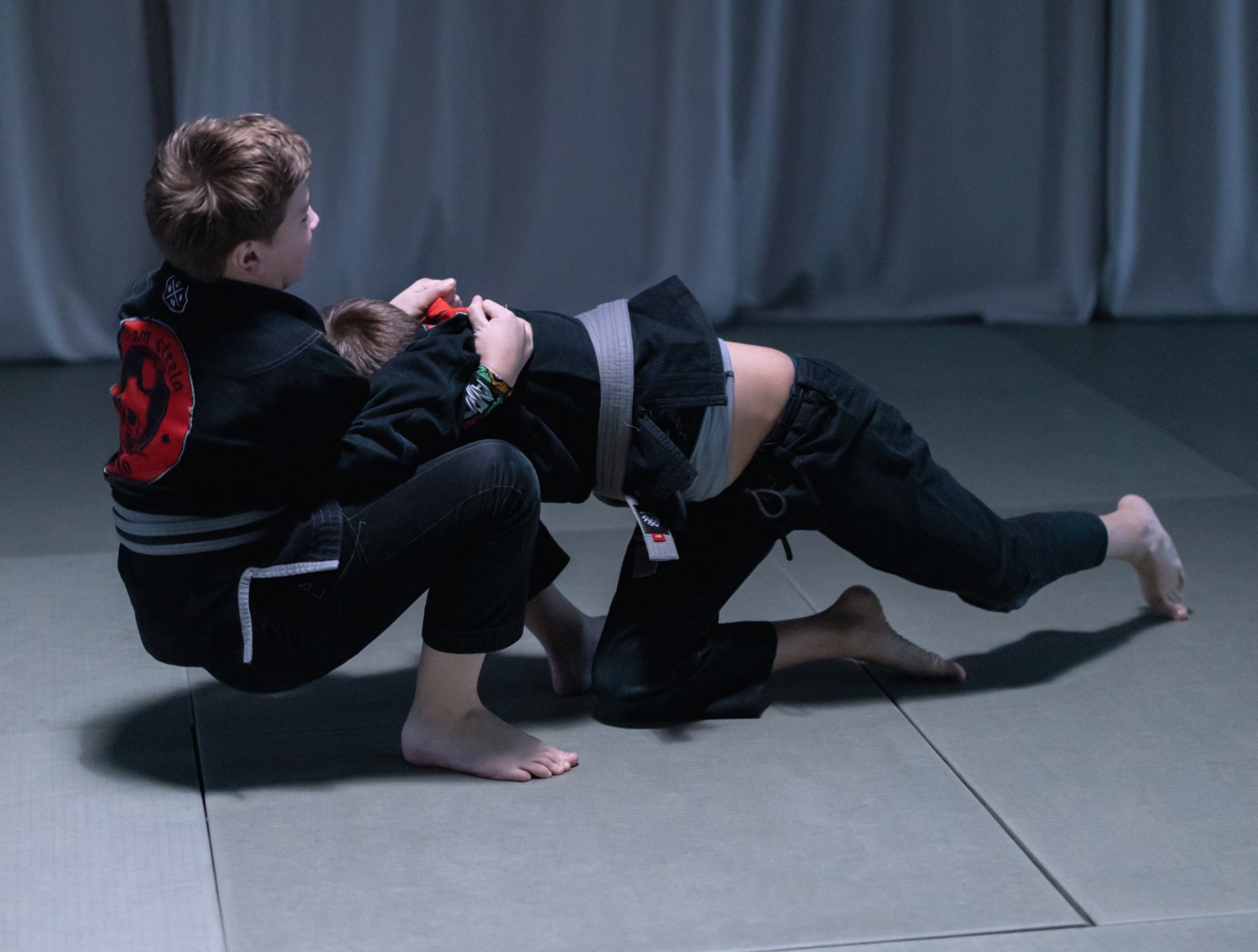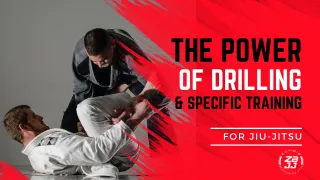ZOMBIE BRAZILIAN JIU-JITSU ALLENTOWN, PA
We Help You Become a Self-Defense Expert With Brazilian Jiu-Jitsu
Want to Try a Free Class? Click a Button Below...
Welcome to Zombie Brazilian Jitsu
Classes For Adults and Children Ages 5+
Beginner and Advanced Classes
Gi and NoGi Classes
Morning and Evening Classes
Open 7 Day a Week
ZOMBIE BJJ ALLENTOWN
CLASSES 6 DAYS PER WEEK
RECENT BLOG POSTS

Goal Setting For Brazilian Jiu-Jitsu
In this article, we break down how effective goal setting can help Jiu-Jitsu students build better habits, measure progress, and overcome plateaus. Learn how to set short-term, long-term, and process-... ...more
Blog
November 20, 2025•2 min read

5 Tips For White Belts to Improve Faster in Jiu-Jitsu
Starting Jiu-Jitsu as a white belt can feel overwhelming—but improving quickly is absolutely possible with the right approach. This post shares five practical tips that help beginners build confidence... ...more
Blog
November 14, 2025•4 min read

Building Discipline & Good Habits For Jiu-Jitsu
Success in Jiu-Jitsu isn’t just about learning techniques—it’s about building the discipline and habits that keep you growing. This post explores how consistency, mindset, and daily routines can trans... ...more
Blog
November 14, 2025•2 min read

Jiu-Jitsu - What's The Point?
What’s the point of doing Jiu-Jitsu? More than you might think. This post highlights the physical, mental, and emotional benefits that keep students coming back to the mats. From learning practical se... ...more
Blog
November 14, 2025•3 min read

Unlocking the Secrets of Jiu-Jitsu: The Power of Drilling and Specific Training
Unlock the true essence of Brazilian Jiu-Jitsu by understanding the importance of drilling and specific training. This post breaks down how focused repetition sharpens technique, builds muscle memory,... ...more
Blog
November 13, 2025•5 min read

Why All Men in Their 40's Should Train Brazilian Jiu-Jitsu
In this article, we break down the key reasons men in their 40s should consider Brazilian Jiu-Jitsu as part of their fitness and lifestyle routine. Learn how BJJ supports longevity, cardiovascular hea... ...more
Blog
November 13, 2025•4 min read
ZOMBIE BRAZILIAN JITSU
JIU-JITSU, WRESTLING, & MUAY THAI KICKBOXING...
What Our Member Say...


